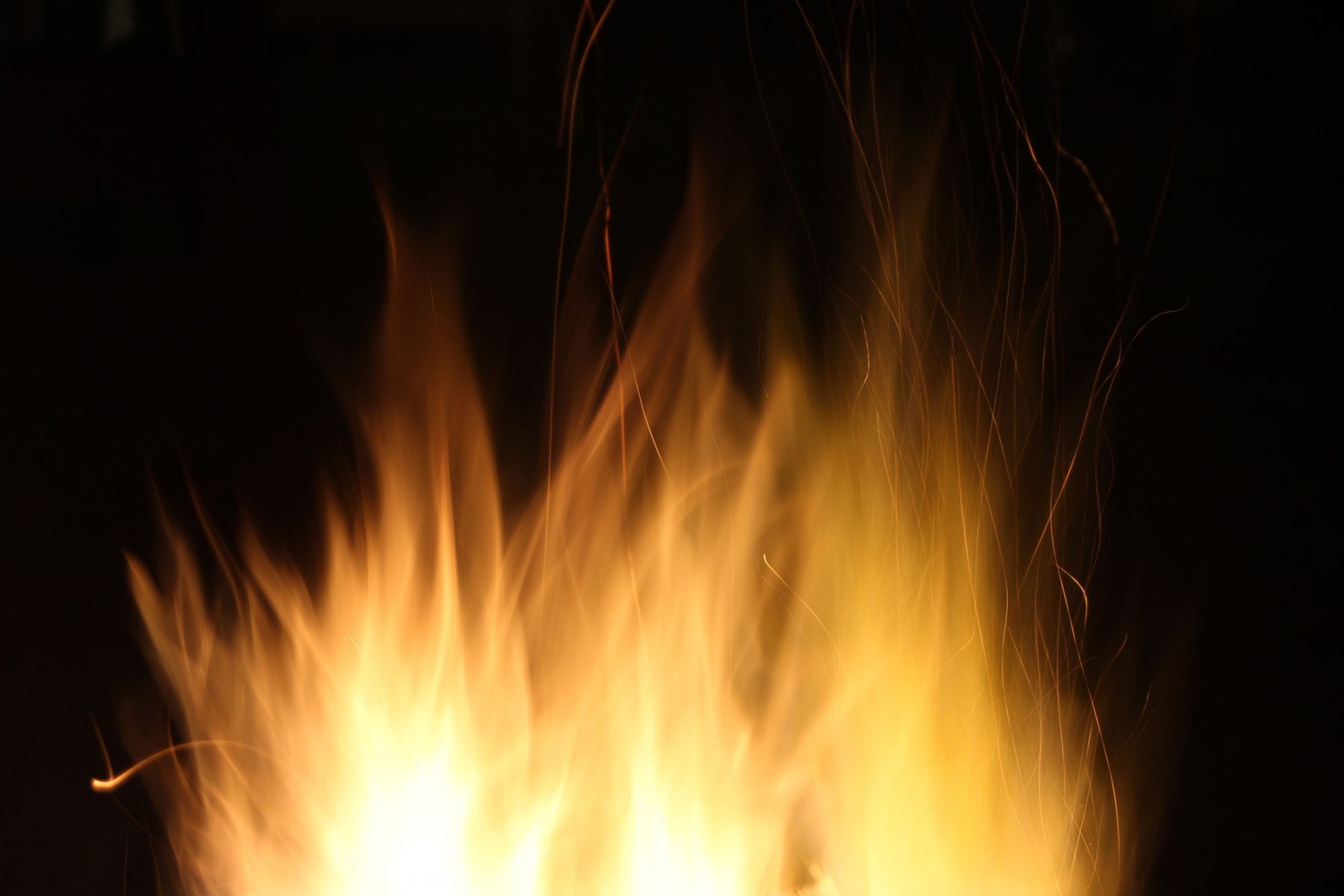Before this I’ve seen horsemen start to march
and open the assault and muster ranks
and seen them, too, at times beat their retreat;
and on your land, oh Aretines, I’ve seen
rangers and raiding parties galloping,
the clash of tournaments, the rush of jousts.
I saw—writes Dante Alighieri in the Inferno’s first tercets of canto XXII—I saw the battle of Campaldino, Saturday 11 June 1289, St. Barnabas day. I saw it because I fought in it.
Listening to a poem that is sung, it’s easy to forget where it comes from. Honestly, we cannot do otherwise. When Dante composed his verses on the battle, perhaps he was drumming the fingers of his left hand on the table, his eyes raised in youthful memory, waiting for the perfect rhyme.
Because poetry paints with minimal brushstrokes, it allows for huge spaces around it. Listening to Dante today means training one’s imagination to walk through these spaces. To maneuver like horsemen on a battlefield, like the ones Dante saw who charged and then fled. And then those Florentine victors advanced towards the lands of Arezzo, and held tournaments at the gates of the besieged city. It is up to us to decide whether the painted landscape is real or just poetry.
